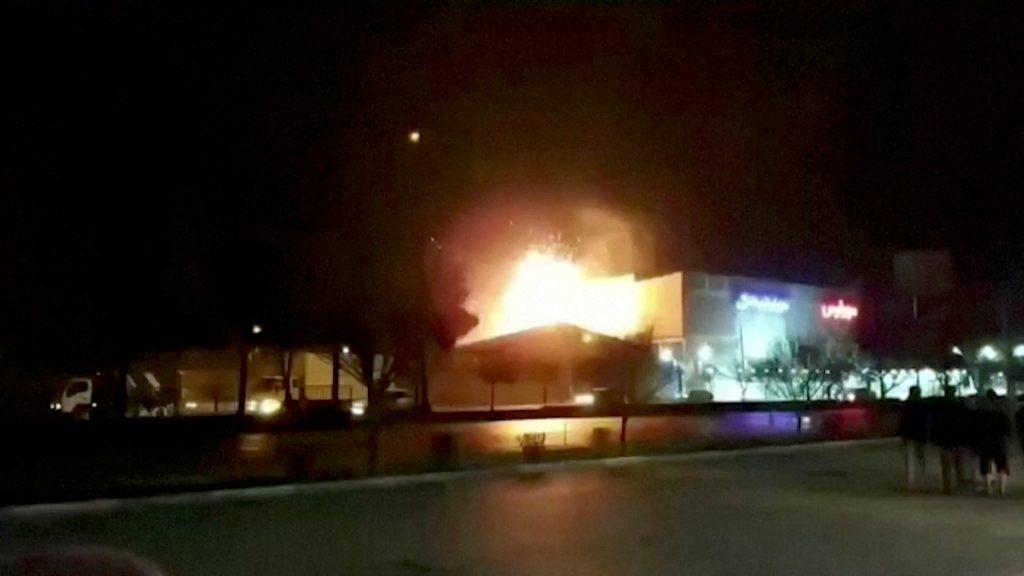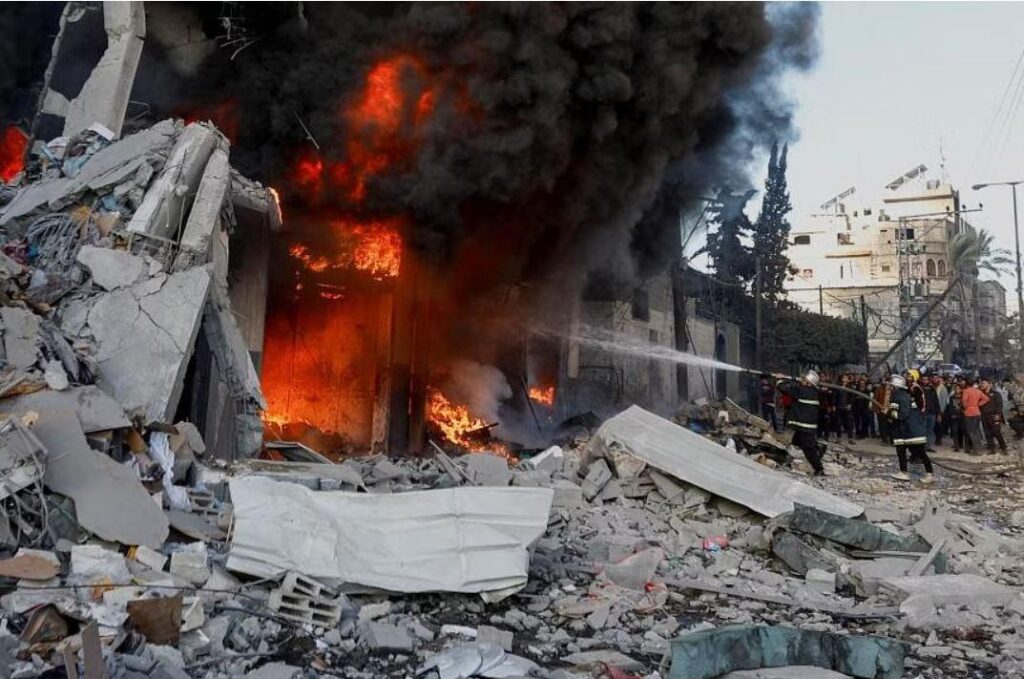In the intricate tapestry of Middle Eastern geopolitics,a fragile thread of hope has emerged from the long-standing tension between Turkey and Kurdish militant groups. As dawn breaks over the rugged landscapes that have witnessed decades of conflict, a tentative step toward peace begins to take shape. President Recep Tayyip Erdogan’s recent announcement marks a potential turning point in a struggle that has defined regional dynamics for generations,signaling the first tentative movements toward disarmament by Kurdish separatist militants. In a notable diplomatic breakthrough, President Recep Tayyip Erdogan announced a pivotal moment in Turkey’s long-standing conflict with Kurdish militants.The ongoing tension between the government and separatist groups has been a complex geopolitical challenge for decades, with potential implications for regional stability.
The disarmament process marks a possibly transformative shift in the relationship between Turkish authorities and the Kurdish separatist movement. Sources close to the negotiations suggest that this advancement stems from months of behind-the-scenes dialogue and strategic negotiations.
Key military officials have confirmed the initial stages of weapons withdrawal, indicating a nuanced approach to deescalating decades of armed confrontation. Intelligence reports suggest that the militant group has begun systematically removing heavy weaponry from strategic locations in mountainous regions along the Turkish-Iraqi border.International observers are cautiously optimistic about the potential long-term implications of this development. Diplomatic channels have been working extensively to create conditions conducive to peaceful dialogue and potential reconciliation.
The militant group’s leadership has reportedly signaled its commitment to a peaceful resolution, acknowledging the potential benefits of diplomatic engagement over prolonged armed conflict. This strategic pivot could potentially open new pathways for political negotiation and cultural recognition.
Economic analysts suggest that successful disarmament could unlock significant regional development opportunities. Reduced military tensions might attract international investment and create more stable economic conditions in southeastern Turkey, an area historically marked by conflict and limited economic growth.
Human rights organizations have welcomed the initial steps, emphasizing the importance of sustainable dialogue and addressing underlying cultural and political grievances. The potential for peaceful resolution represents a critical moment in addressing long-standing ethnic tensions.
Diplomatic sources indicate that this process will likely be gradual and complex, requiring sustained commitment from both governmental and militant leadership.Multiple verification mechanisms are expected to be implemented to ensure genuine progress and build mutual trust.
Regional geopolitical experts view this development as a potential model for conflict resolution in other complex ethnic and territorial disputes. The nuanced approach demonstrates the possibility of moving beyond entrenched ancient conflicts through patient, strategic dialogue.
While challenges remain, the initial disarmament signals a potentially transformative moment in Turkish political landscape.Continued diplomatic engagement and mutual understanding will be crucial in translating these initial steps into lasting peace and meaningful political reconciliation.








